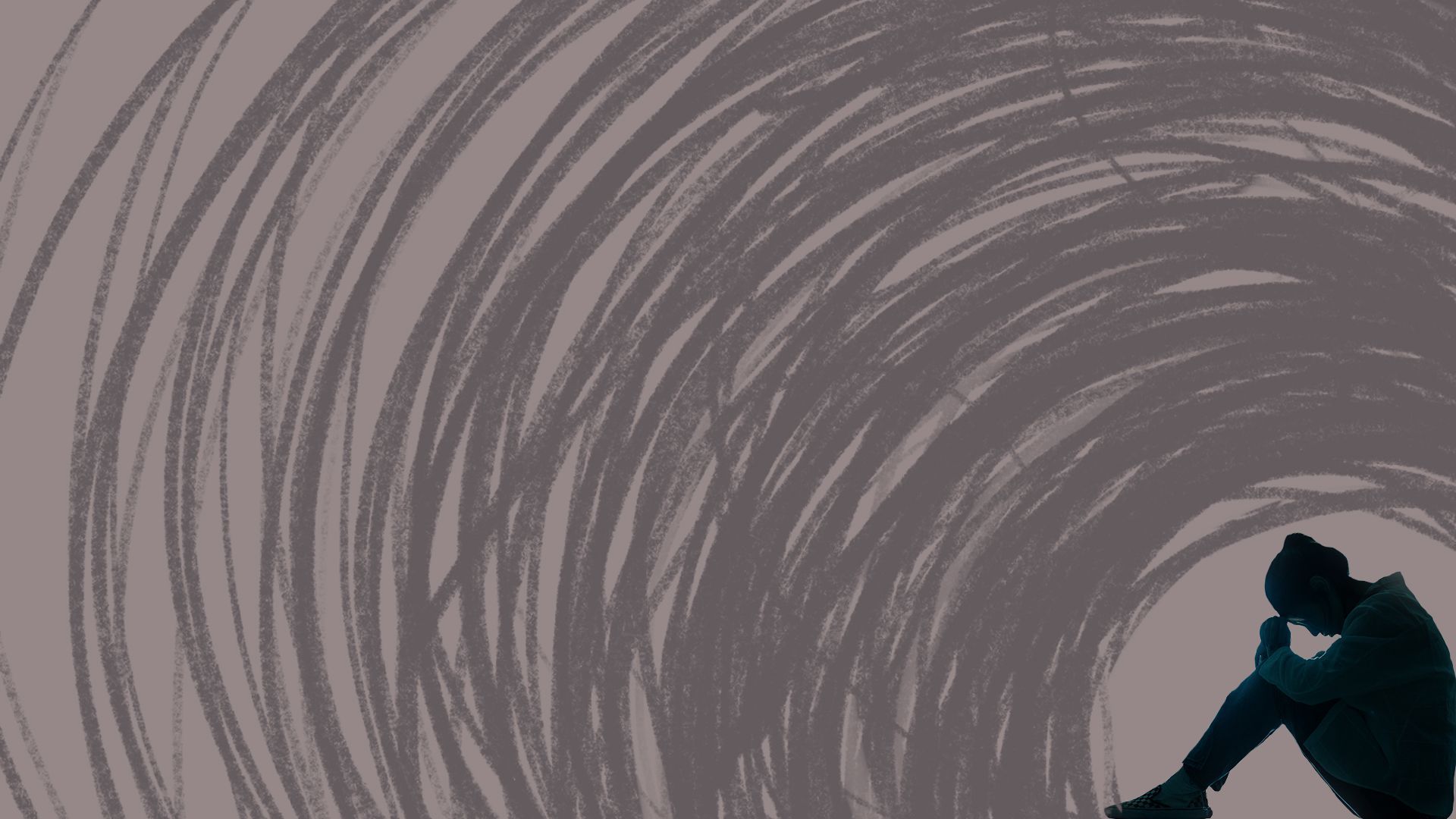Most women aren't receiving the mental health care they report needing
Add Axios as your preferred source to
see more of our stories on Google.

Illustration: Shoshana Gordon/Axios
Women were more likely than men to report needing mental health services in the past two years but 40% did not seek treatment and 10% were unable to get help despite trying, according to a Kaiser Family Foundation brief released Tuesday.
Why it matters: The nation continues to grapple with skyrocketing demand for mental health services, but there's limited insight into how it breaks down by gender, or how women are coping.
What they found: The pandemic, the opioid crisis and racism compounded mental health challenges for women, wrote KFF researchers, while cost and limited provider availability were significant barriers to accessing services.
- Nearly 40% of women who sought any type of care had to wait more than a month for an appointment.
- 1 in 5 that did see a professional reported that the provider did not accept their insurance, an access challenge also noted in a March report from the Government Accountability Office.
- 20% of those who didn't get an appointment cited reasons such as not finding a nearby provider, inability to get off work, fear or embarrassment or a personal decision to work through the problem alone.
By the numbers: Close to 70% of women between the ages of 18 and 25 believed they needed mental health services compared to just over a third of women in the 50-to-64 age range, per the survey of 5,145 women and 1,225 men conducted in May and June.
- Younger women and those with Medicaid coverage were the most likely to seek mental health services. They were also the most likely to access care through telehealth.
- Nearly a quarter of women in rural areas used their most recent telehealth visit for mental health services.
Zoom out: Women in the U.S. make up most of the essential workforce and faced "alarmingly high rates" of anxiety and depression early on in the pandemic, per a University of Chicago report last year.
- More than 40% said issues like food insecurity or interpersonal violence contributed to their worsening mental health.
- Discrimination and having concerns dismissed by providers also posed a challenge, according to a smaller study from the University of Illinois Urbana-Champaign released in October.
The bottom line: "Most women we talked to had lived with their health issues and pain for years," said Charee Thompson, lead author of the University of Illinois study. "We're talking decades of neglect or undertreatment."
